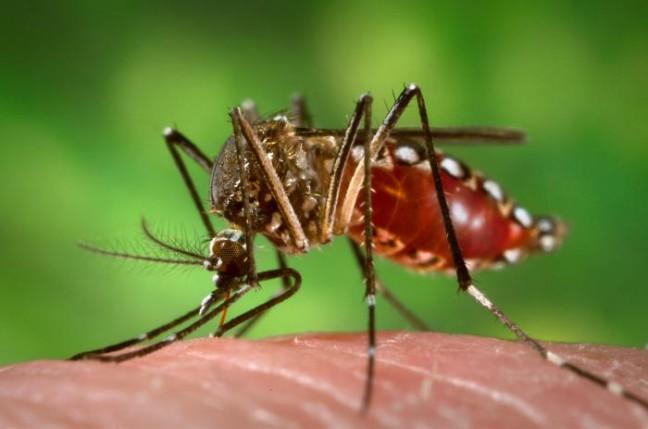Following a University of Wisconsin and Universidad de Sucre study published Tuesday that confirmed a Zika virus outbreak in Colombia, UW researchers caution travelers as they work to develop a vaccine.
Since UW researchers discovered nine cases of the virus in October and November, more than 13,000 individuals in Colombia have been infected with the Zika virus, according to the study.
The virus originally spread to the Western Hemisphere several months ago and has continually gotten worse, Matthew Aliota, UW School of Veterinary Medicine researcher and lead author of the study, said. Originally found in Africa in 1947, the virus most recently circulated Asia before it was detected in South America. The Zika virus can be found in 20 Western Hemisphere countries.
The Zika virus is transmitted through a specific genus of mosquitoes known as Aedes mosquitoes, Aliota said. Only in rare cases is the virus transmitted through other routes.
For most patients that become infected with the Zika virus, only a few develop symptoms. While symptoms are similar to a mild flu or rash, making it difficult to detect, the Zika virus can be dangerous, especially to women who are pregnant or may become pregnant, Aliota said.
“In Brazil, women with the Zika virus gave birth to children with small heads and cognitive disorders, which is known as microcephaly,” Aliota said.
Since the virus is relatively new to the area, people’s immune systems do not know how to fight off the virus, which has lead to the outbreak being severe in many parts of the Americas, Jorge Osorio, UW School of Veterinary Medicine pathobiological sciences professor, said.
The virus could enter the U.S. through travel, Osorio said. The Aedes mosquito needed to spread the virus is only present in southern regions, such as Puerto Rico and the states of Florida and Texas.
Both Osorio and Aliota plan to continue studying the Zika virus.
“We are doing some studies to develop vaccines, look at treatments and to understand more about the virus,” Osorio said.
Until a vaccine can be discovered, Aliota urges pregnant women and those considering becoming pregnant to follow the CDC guidelines and consider canceling or postponing trips if the destination is a country where the Zika virus has been discovered.
“We don’t know that much about the virus,” Osorio said. “This causes a great amount of concern. The more work we do, the better it is for everyone.”


















